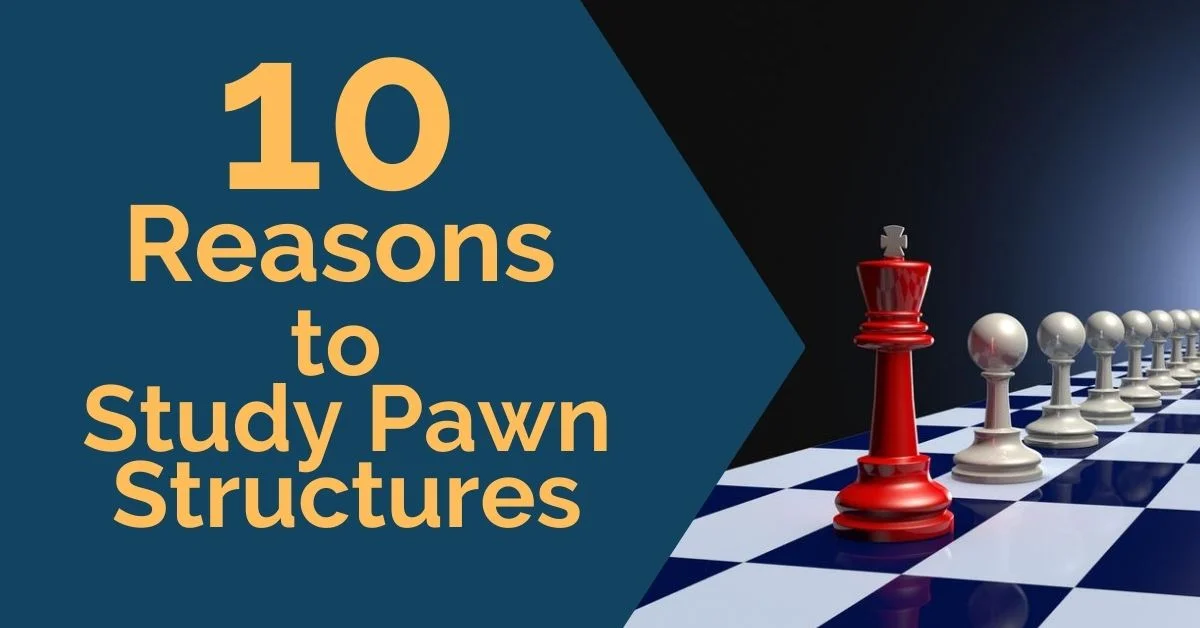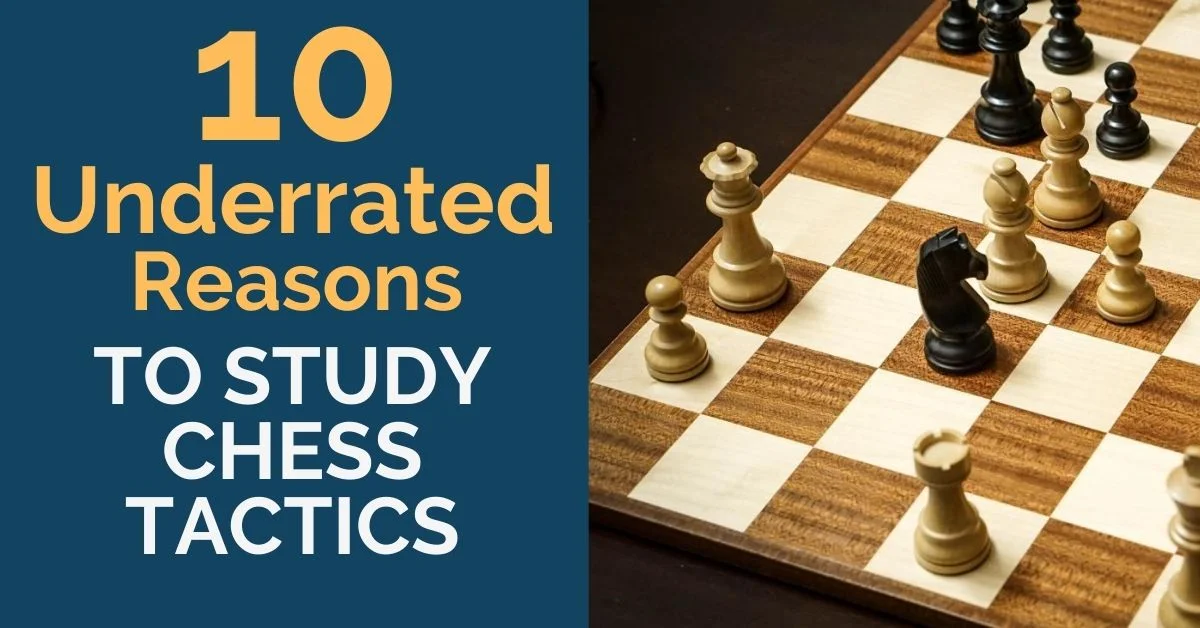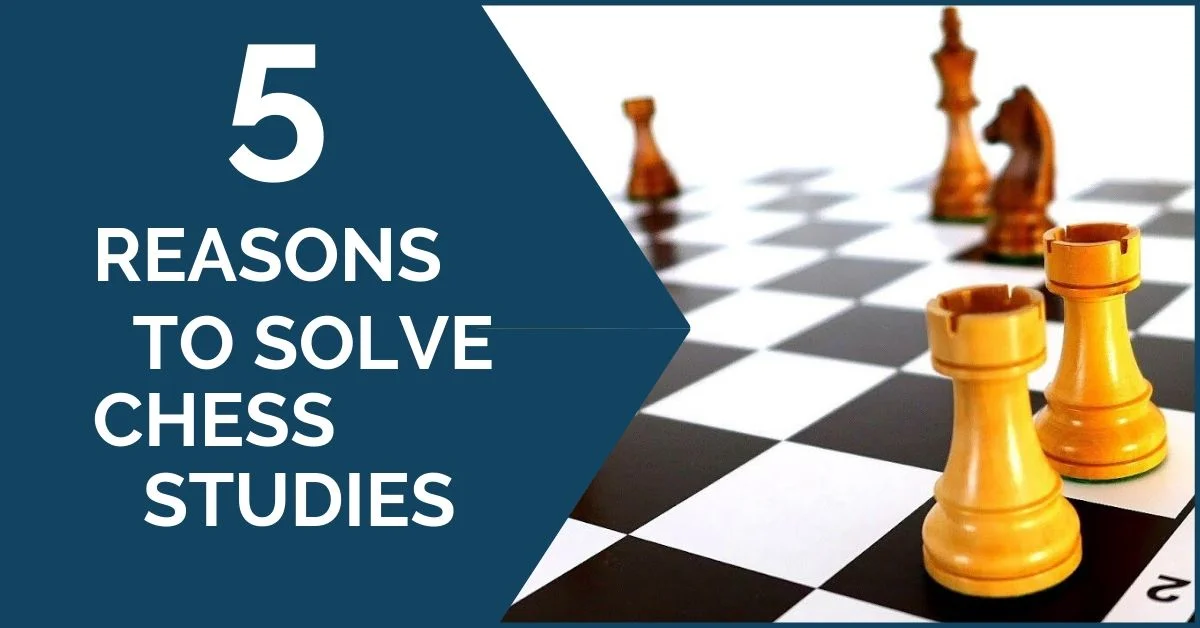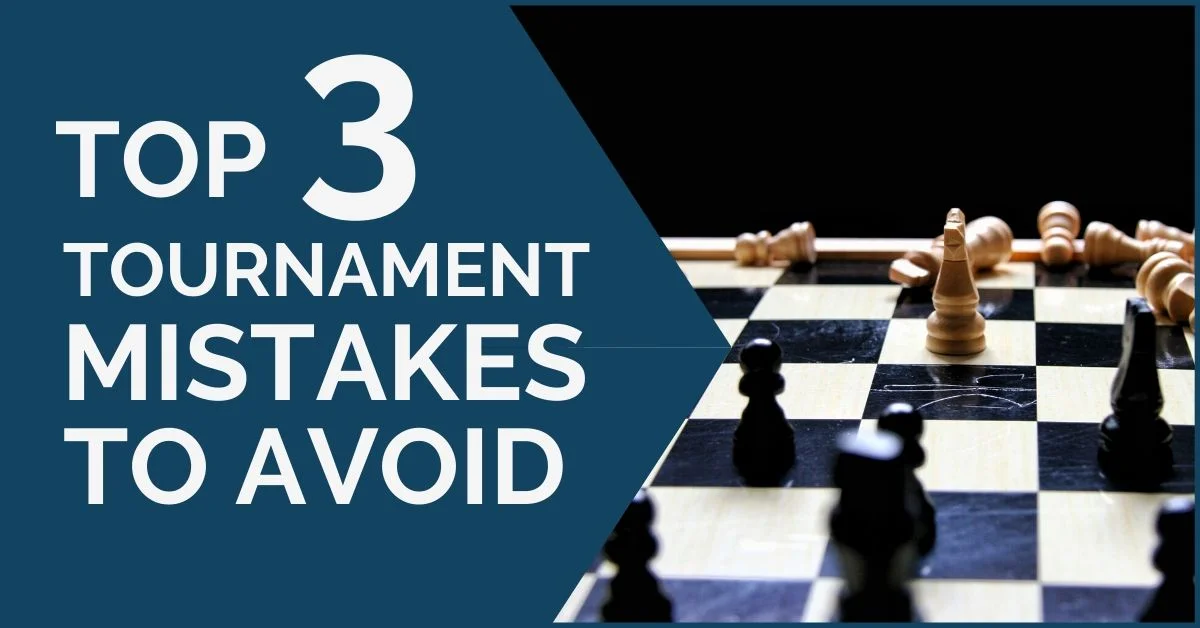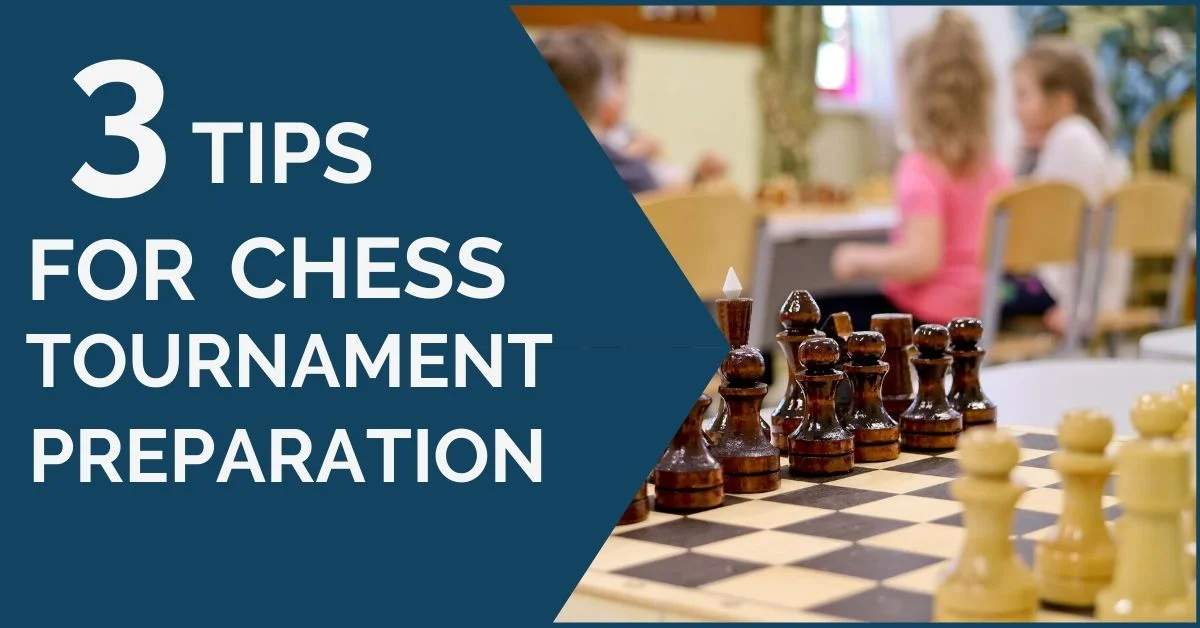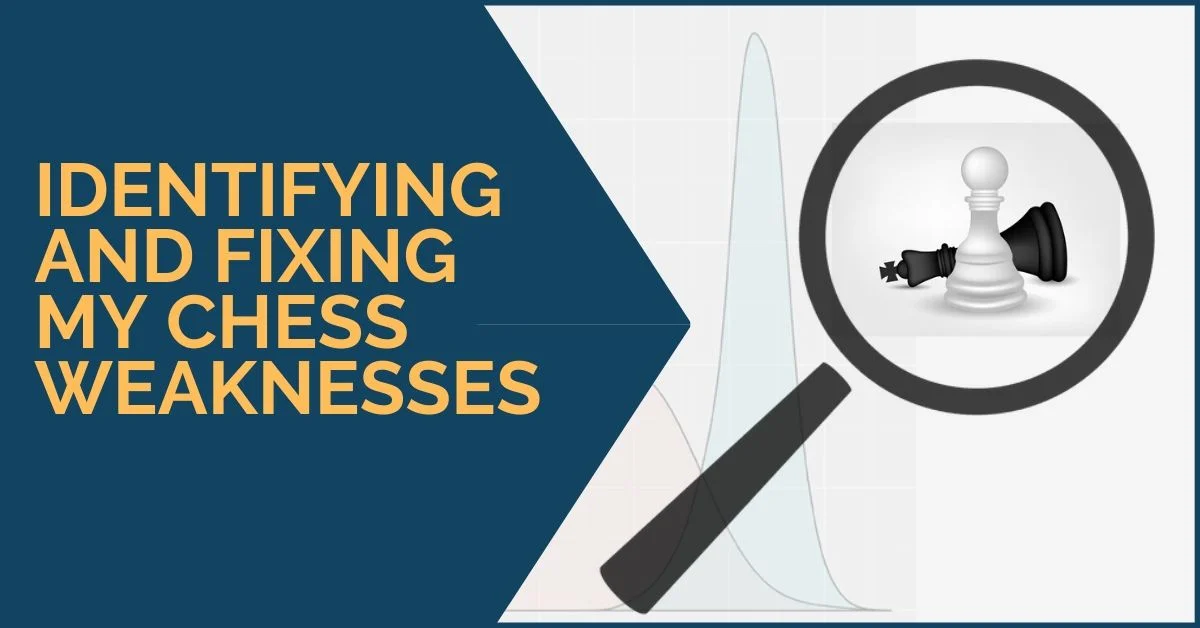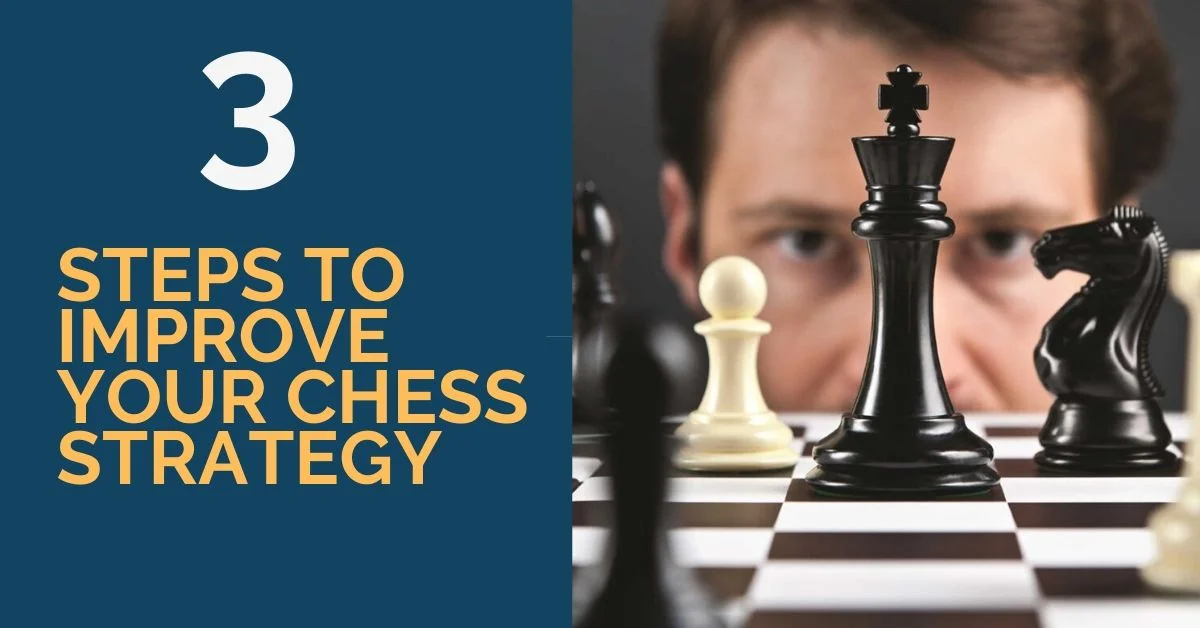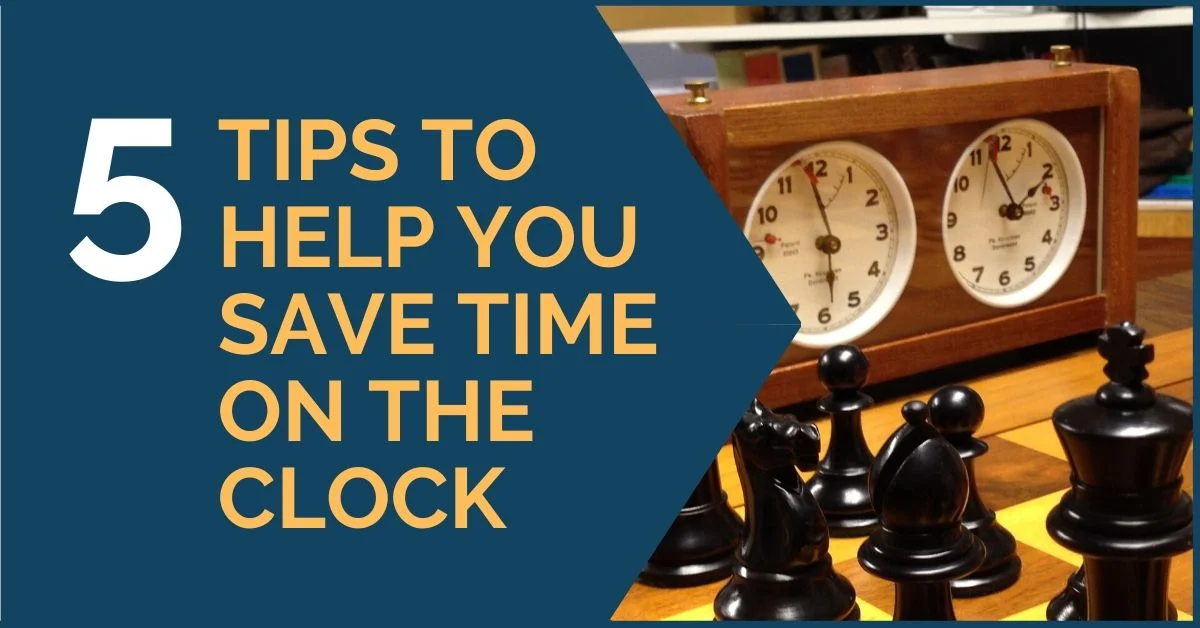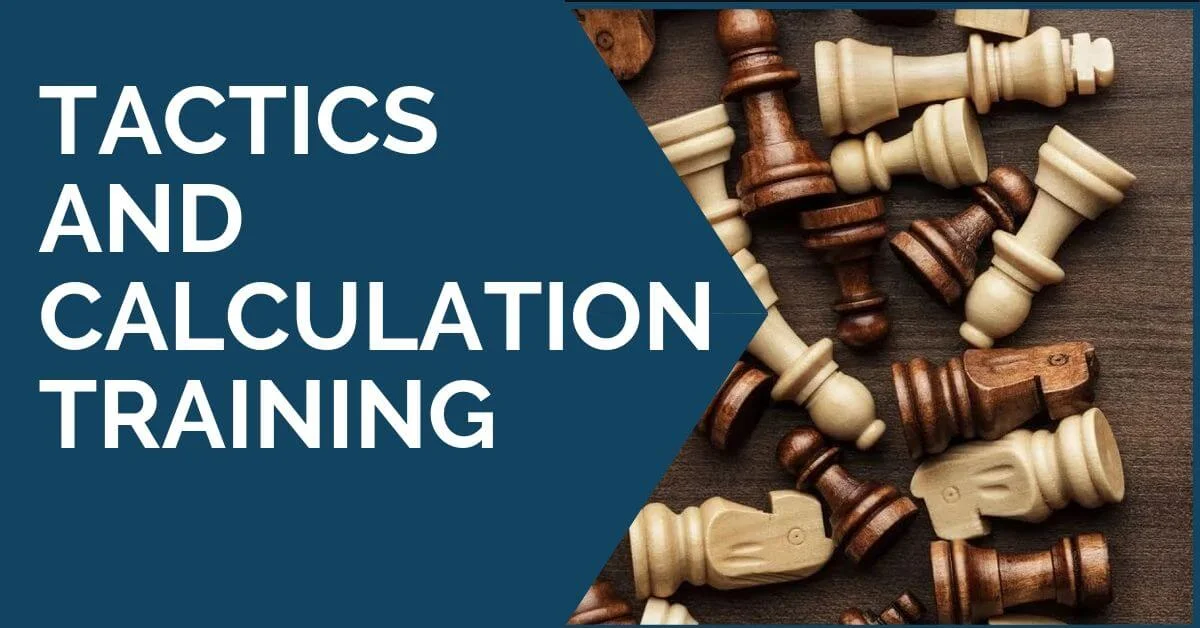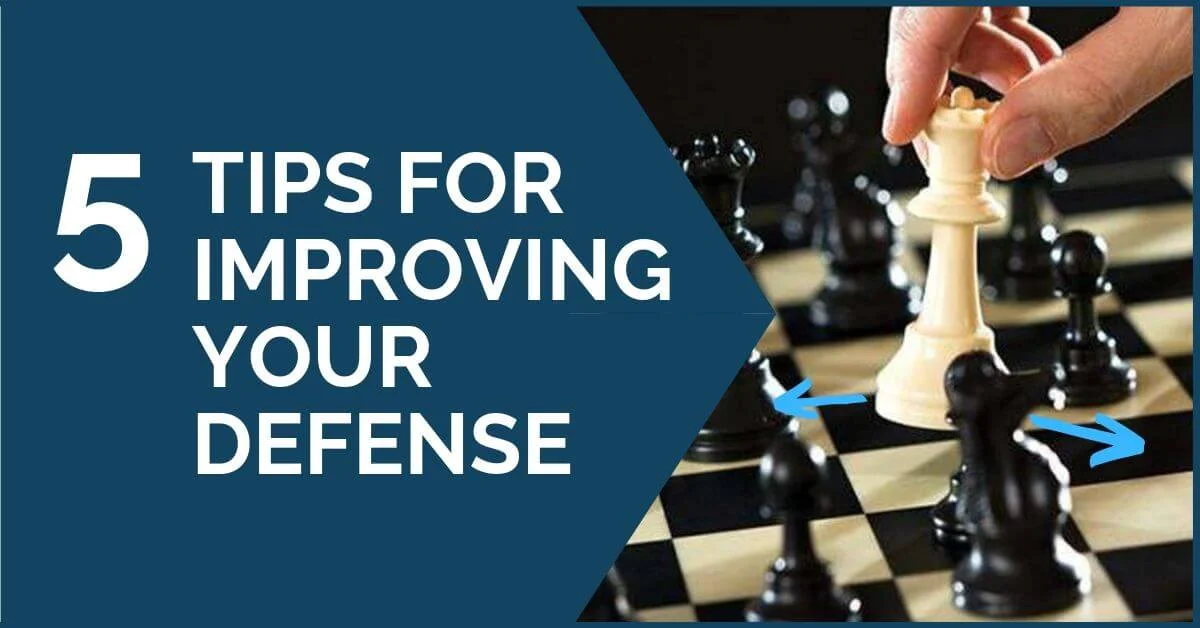Training Techniques
Back in the 18th century, the famous chess player Francois Andre Danican Philidor was underlying the importance of the pawns and “playing them well”, concluding that “pawns are the soul of chess”. In the coming years, more and more strategical concepts were put together and nowadays we have a whole set of guidelines that help […]
BEWARE: this may change the entire trajectory of your chess career! When you think about studying chess tactics—also known as chess puzzles—you may imagine a set of moves that transform some initial losing/neutral position to a significantly more winning one. Though that is true, the reasons you should study them are not only to help […]
Chess studies and mating problems are composed of positions – they have been made up and have not actually happened in a game, as most puzzles – where you will need to discover the only way for white (usually) to win or make a draw.
For most chess players a tournament is a chance to show what they’ve learned and proved those hours spent in training. However, competitions don’t always go as planned and this usually depends on many factors, some of which will have absolutely nothing to do with chess. It could, of course, also be that your training […]
Chess training is different for everybody. Everybody wants to get better, but the goal of a training schedule is not the same for everybody. There is no universal recipe for success; each player has to create their own training program based on their weaknesses. Some players need to improve their positional skills, others their calculation. […]
Sometimes we win, sometimes we learn, us chess players like to say a lot. It can make us feel better after a loss, but this should be more than just a saying to improve our post-game mood. We should, in fact, be always learning, whether we win, lose or draw. Many players think that they […]
Strategy and positional concepts are an important part of the chess game and improving our understanding of them can play a major role in the overall improvement of our level. Most of the time, the strategy is what makes the difference between a strong player and an amateur. If with other elements, such as tactics […]
Playing well and having a good chess understanding is what every chess player is looking for. However, when it comes to practice this is not the only thing that matters. While when you are training there is no time limit on the exercises you solve and the themes that your learn, during a tournament you […]
The tactics and calculation training is the most important type of training a chess player can undertake if he or she is serious of his or her chess improvement. The reason for this is that all chess games are decided by tactics. You cannot win if the opponent does not make a mistake – hence […]
Being on the defensive side during a game is probably the most difficult tasks a chess player has to complete successfully. Everybody likes chess for a reason – some like to attack, others prefer strategy instead, but I’m sure that most of you will agree that defending is not one of them.

